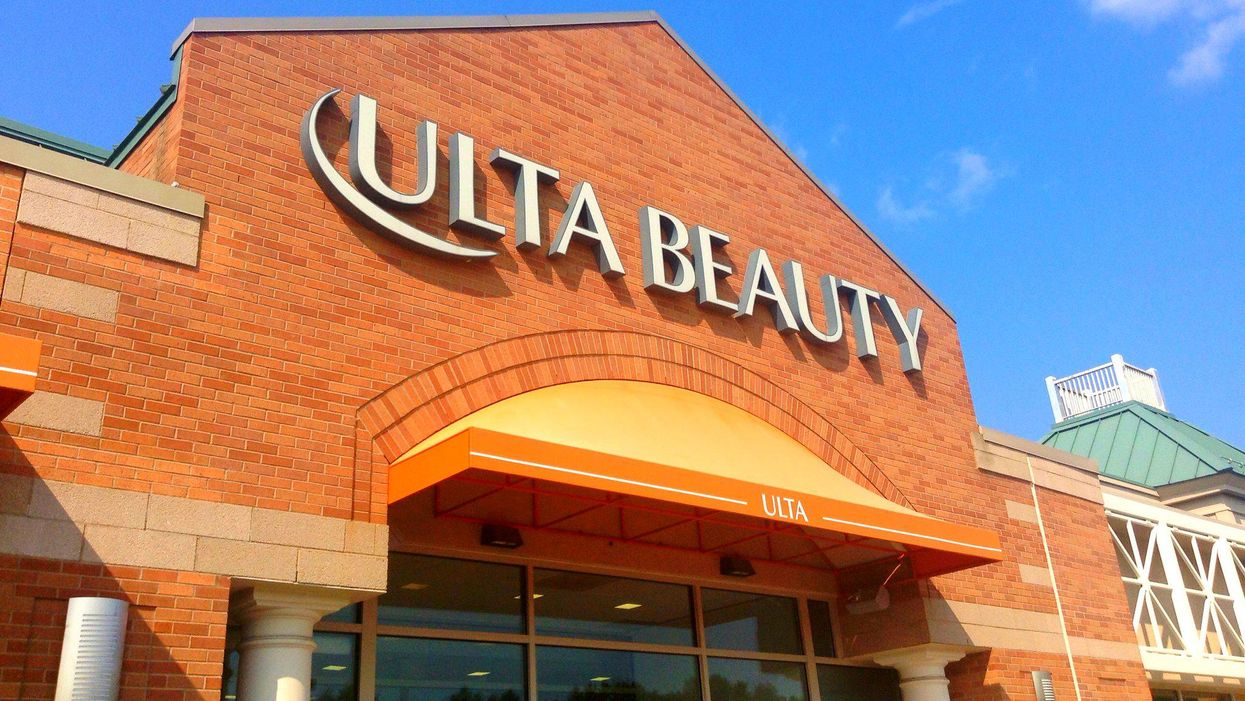A retailer has a unique place in the shopping journey.
It works with brands that sell products on its shelves, and service providers that improve its operational and customer-facing functions. Putting these relationships to work alongside the infrastructure of the stores and platforms it operates ultimately shapes an overall experience for shoppers.
In turn, this gives retailers a unique view into the trends and tools that are shaping how brands are developing products and outreach strategies to connect with shoppers, and what motivates customers to buy from them.
It also puts them in a position to look at what’s coming next.
As operators of ecommerce platforms and relationship builders with customers that are increasingly using digital tools to shop, often that future-minded gaze is cast in the direction of technology that’s being built, and the shifts in shopper behavior that will shape it.
Given their position, retailers are recognizing that they can help to push forward toward that future, too, and do so in a way that grows in the same direction their strategy is pointing.
With this, some retailers are starting to adopt the position of ecosystem leaders, nurturing a new generation of startups with funding and resources.
The latest sign arrived Wednesday, as Ulta Beauty launched a digital innovation venture fund to invest in startups that are developing technology to shape online and in-store shopping experiences.
The fund, called Prisma Ventures, will have $20 million available for investment in startups building technology that “fuels greater discovery, personalization, and convenience,” Ulta said.
Backing seed and Series A startups, Prisma is focusing in four areas that fit with Ulta Beauty’s strategic prerogatives:
- Personalized and data-driven technology
- AR, VR and the metaverse
- Technology-powered custom beauty products and in-store services
- Social commerce
The goal of making an investment, Ulta Beauty said, is to forge a long-term partnership between innovator and retailer. Startups will not only receive resources to build, but tap the retailer’s team and work with its tools as they do so. Alongside funding, Ulta is providing access to its innovation team, consumer insights and in-market testing opportunities.
“We believe this fund presents opportunities for creative disruptors to further propel the industry forward,” said Prama Bhatt, Ulta’s chief digital officer, in a statement. “We set out to build lasting relationships with startups, welcoming them into our ecosystem, co-creating and experimenting in ways that tap each other’s expertise and ultimately leverage our resources to imagine – and reimagine – what’s next for retail and beauty.”
Ulta provides access
Though a contract is not the sole focus, there may also be a chance for startups to develop products that will end up in Ulta's aisles and apps. The company said it has already invested in a group of startups that are assisting with personalization and diagnosis in its digital skin and hair experiences. Ulta said that it “does not intend for all investments to directly impact its offerings but where synergies exist, the partners will co-create to bring innovation to the market.”
The company shared the experience of Iterate.ai, a company developing artificial intelligence and internet of things technology that started working with Ulta through a small agreement in 2016 that grew to an investment.
“Ulta Beauty’s investment was a gamechanger, providing us both with an incredible opportunity to test, learn, deploy, and scale our low-code AI innovation platform. Ulta Beauty leveraged our platform to create engaging, differentiated experiences for beauty lovers nationwide, plus it added to Iterate’s credibility,” said Iterate.ai CEO Jon Nordmark.
This network effect and virtuous cycle is the reason retailers are in a position to lead ecosystems. Ulta Beauty joins The Home Depot and Chipotle among retailers that have stood up corporate venture funds this year. More are likely to follow. As we wrote in Retailers are the new tech companies:
In tech, small companies with big ideas and focus have huge advantages. Collaboration is a must in order to grow. Retailers must also be mindful of the startups bringing new products, and seek opportunities for partnerships that will yield mutual benefits. For particularly promising companies, there will be chances to support them, as well. There may be more room for retailers to play a bigger role in the startup ecosystem as venture investment among institutional firms cools off.
Accelerating beauty
There are different types of initiatives that companies can organize to become a galvanizing force for startups.
A venture fund provides a way to invest in technology that it sees as important down the road, and play a role in its development.
But the type of business an initiative supports and programming model it uses can vary, depending on the company's goals.
With an accelerator, Ulta Beauty is acting as an ecosystem leader with up-and-coming beauty brands, as well.
In September, it will begin the first cohort of the MUSE Accelerator, a program for early-stage, BIPOC-founded beauty brands that provides $50,000 in funding, training in building a brand through a 10-week curriculum developed in partnership with Venture Noire, mentorship and an opportunity to pitch investors.
The accelerator model was honed with software startups in Silicon Valley, mixing generalized education for founders in the ways of lean startup methodology with personalized support that could help open doors. A short-term timeframe and colocation alongside other founders through a cohort model was designed to help aggregate potential opportunities for the community, encourage founders to move quickly and create collisions that could lead to partnerships and power innovation.
Ulta’s program shows how the basic shape of this model can be adopted to support inclusive entrepreneurship that gets resources to the underrepresented community of BIPOC founders, and adopted for consumer goods and the specific category of beauty.
The program's focus fits with a strategic imperative for the retailer, like the venture fund, and is grounded in community impact. Ulta Beauty Chief Merchandising Officer Monica Arnaudo said in June's launch announcement of the MUSE program that the retailer is “bringing to life our commitment to diversifying our unparalleled assortment so all guests can see themselves reflected at Ulta Beauty.”
At the same time, the brands will benefit from not only Ulta Beauty’s resources, but the expertise that it can provide. After all, who better than a retailer to provide insights on what it means to be retail ready.
If a program leads to a direct working relationship, all the better. But it need not be the point from the outset. Often, work with brands and partners at a retailer like Ulta has business imperatives and performance metrics attached to it. An ecosystem leader plays a different kind of role. The fact that Ulta is providing connections to the innovation team through the venture fund and mentorship through the accelerator enables teams to build together.
By doing so, there’s a chance the future they envision will arrive sooner than you might think.













